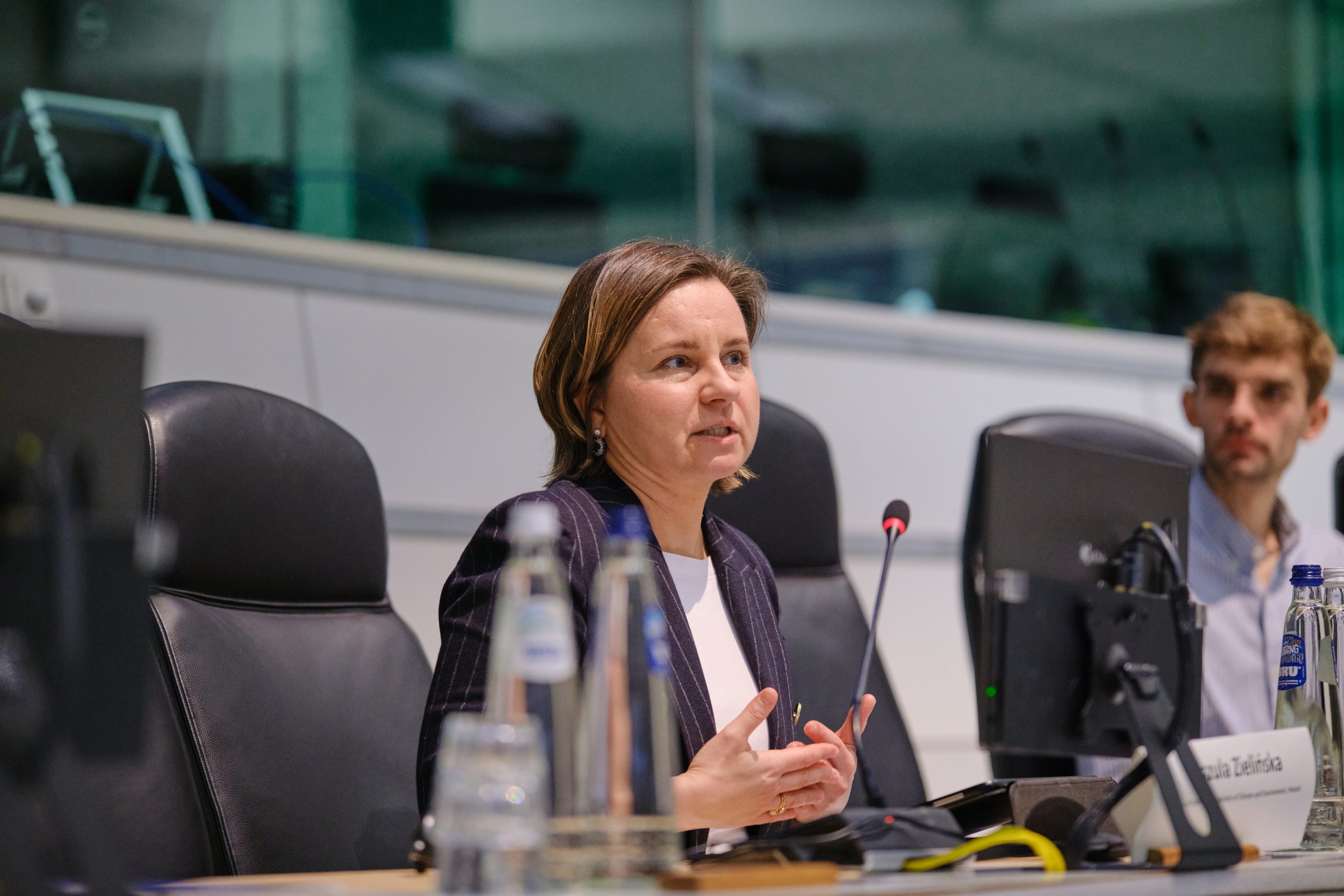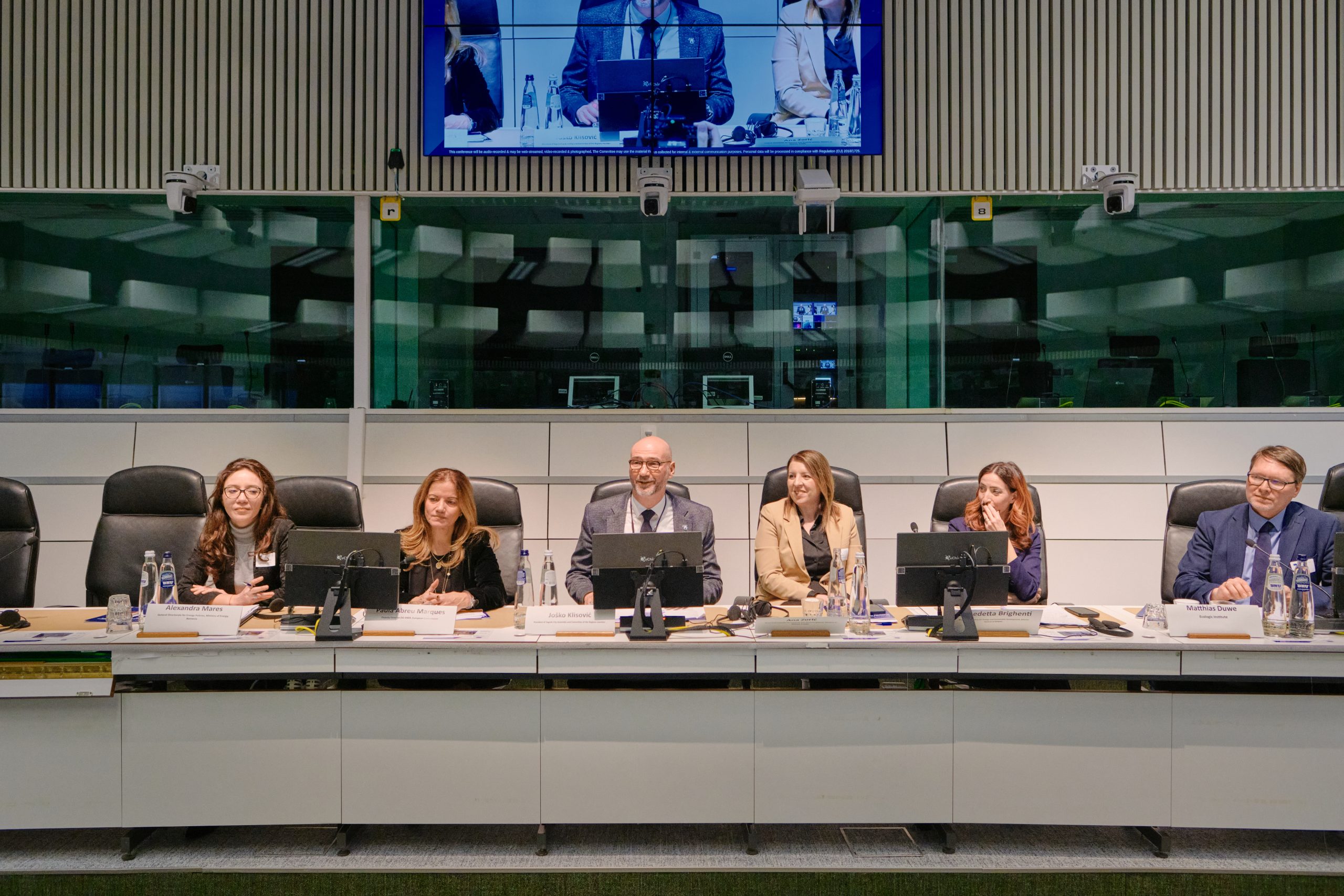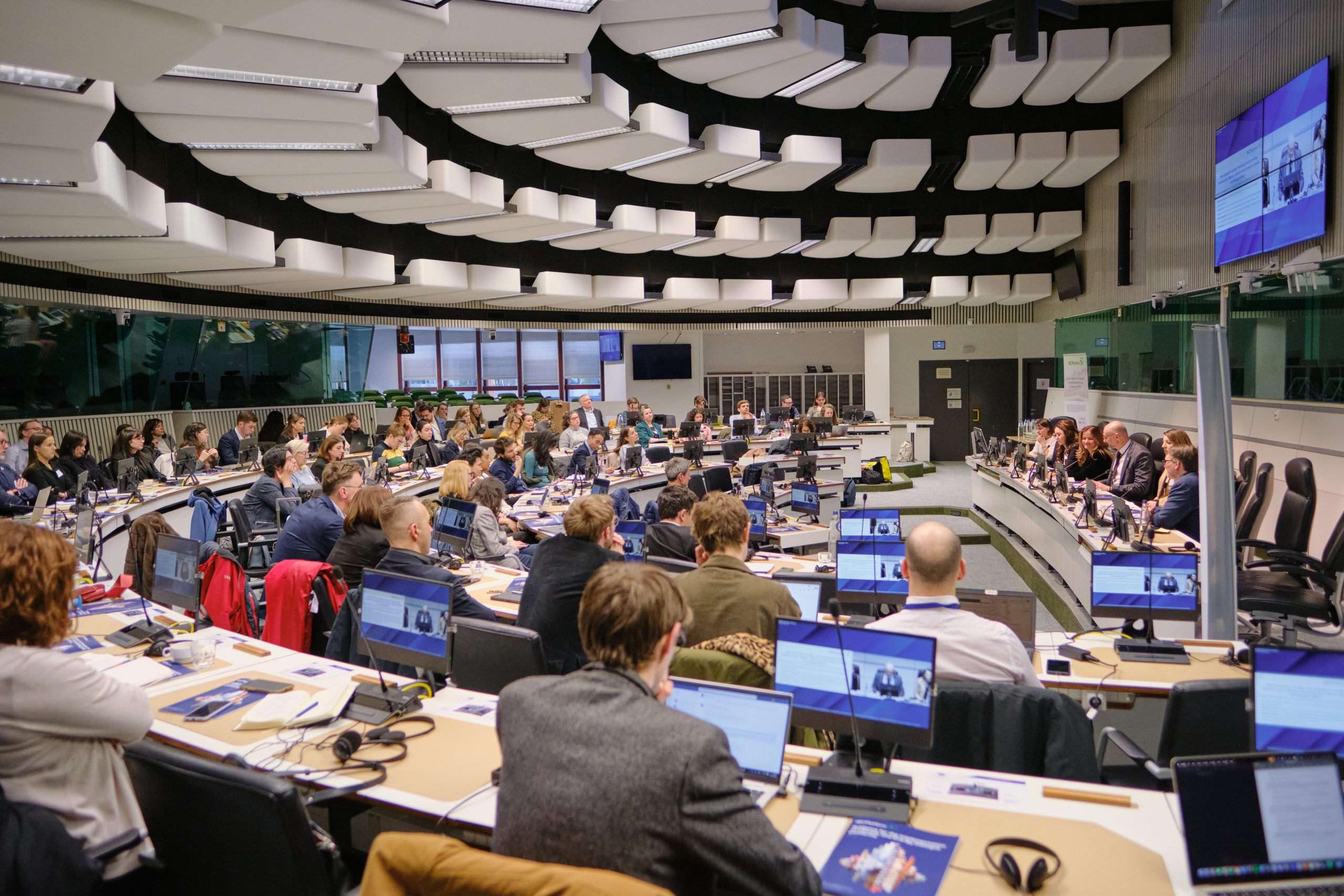The importance of multilevel governance to promote collaborative decision-making and inclusiveness
Effectively setting up multilevel dialogue platforms
Article 11 of the Governance Regulation requested Member States to implement multi-level governance processes when designing, implementing and monitoring Climate and Energy Dialogues (CEDs). The implementation of these CEDs in six countries has shown their importance and positive results in the co-creation of energy and climate policies.
The implementation of CEDs in six Member States
Multi-level governance (MLG) promotes collaborative decision-making, inclusiveness, and the effective use of resources and expertise across different levels and sectors of governments and society. As requested in Article 11 of the Governance Regulation, Member States had to implement multi-level governance processes when designing, implementing and monitoring national energy and climate policy, namely Climate and Energy Dialogues (CEDs).
The CEDs had to be pursuant to national rules and bring together relevant stakeholders (Ministries in charge of NECP, national association of local and regional authorities, national and regional energy agencies, civil society organisations, business sector, academia, etc.) to ensure that energy and climate policies were co-created and consistent at all governance levels and amongst different sectors of society.
It’s important to note that the local level is extremely relevant when it comes to implementation of policy. In order to have support and ownership of the energy transition, it is absolutely essential to bring the local actors and have their participation both at the policy definition and the planning.
Paula Abreu Marques, Deputy Director DG ENER.A, Energy Policy: Strategy and Coordination, European Commission
The NECPlatform project was launched in 2022 to support six EU Member States (Bulgaria, Croatia, France, Italy, Portugal and Romania) in setting-up and managing permanent multi-level Climate and Energy Dialogue (CED) Platforms, helping them comply with Article 11 of the Governance Regulation by fostering vertical and horizontal integration of energy and climate policies.
The platforms had the form of roundtables and met between four and six times in the six countries from 2022 to 2025. They brought together representatives from national, sub-national authorities and other relevant stakeholders, such as representatives from civil society, academia, industry, financial sector, NGOs, etc.
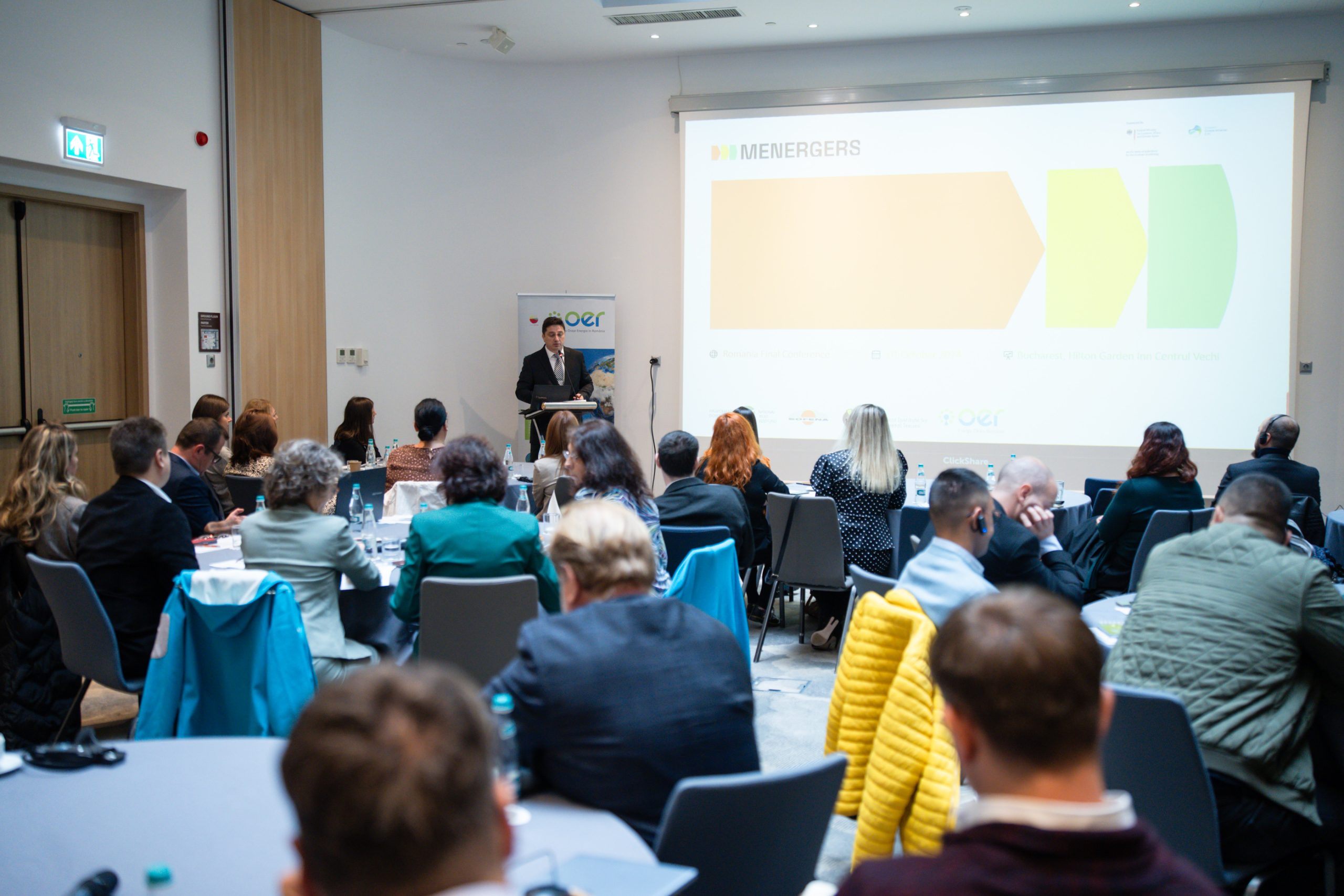
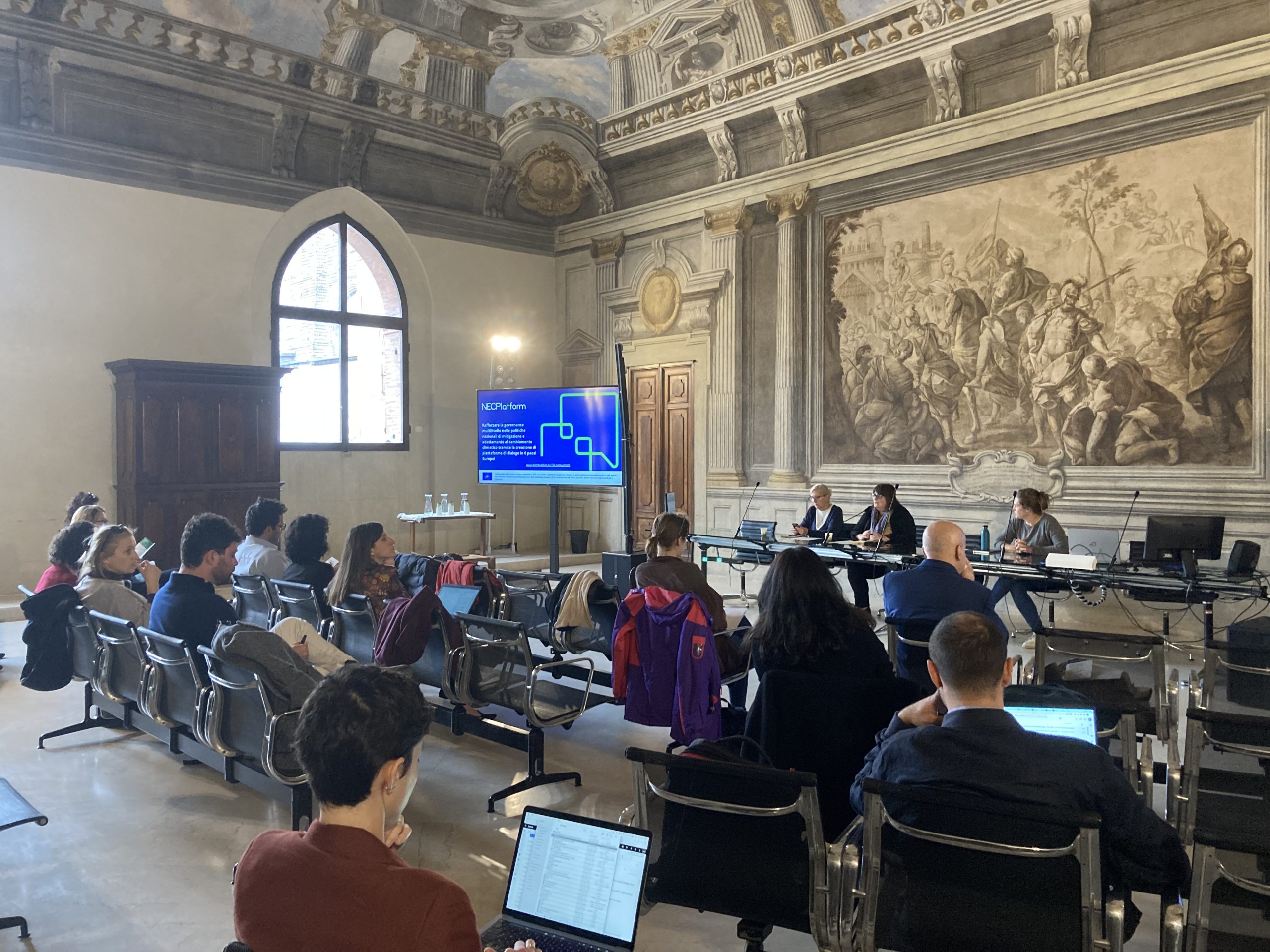
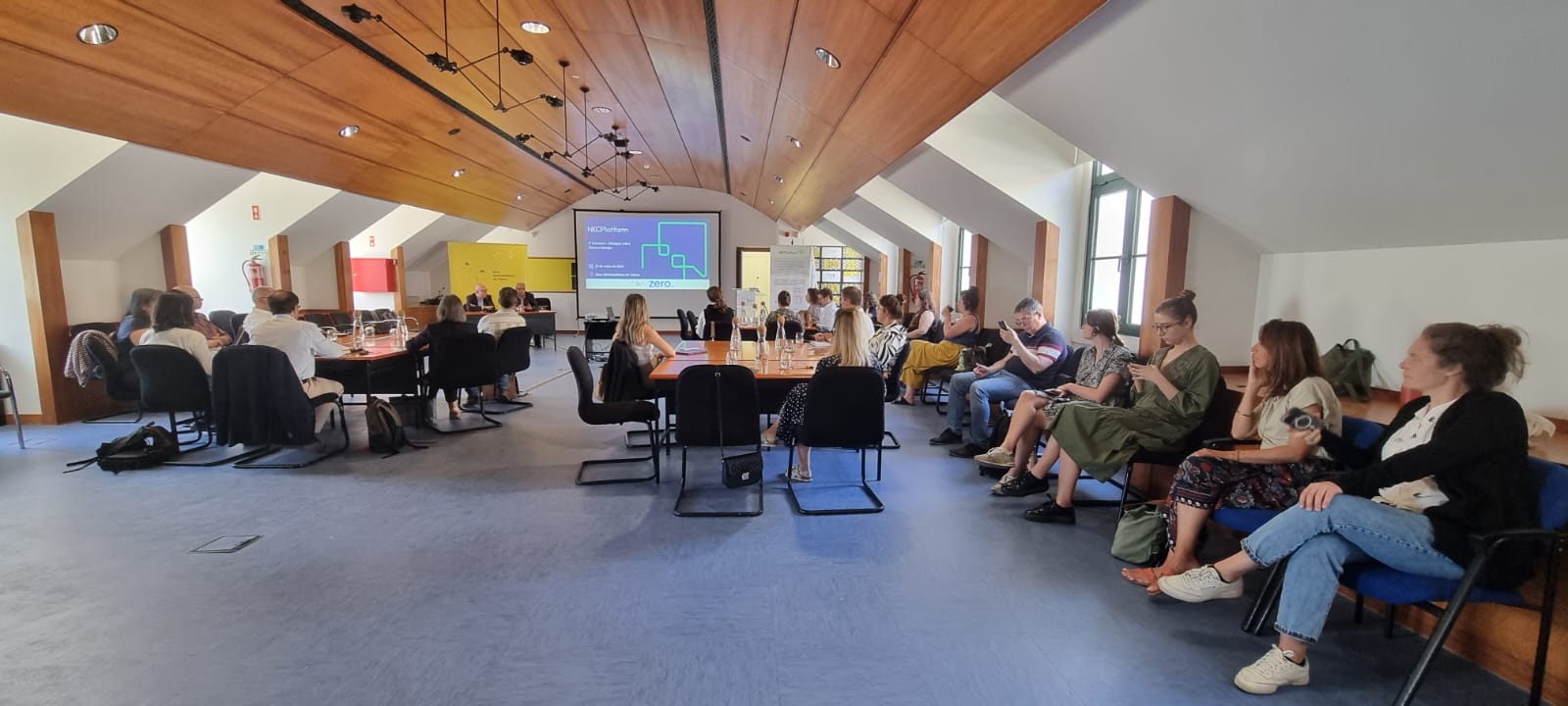
The experience of the project confirms the relevance of involving local and regional authorities. In Romania, the dialogues have led to a readjustment of the national objectives and are well on the way of removing obstacles to the creation of citizen energy communities. In Croatia, they have led to in-depth discussions on the effectiveness of financial aid programmes. The French regions have initiated regional COP processes to take ownership of and distribute national objectives.
Thibaut Maraquin, Project Manager at Energy Cities and project co-coordinator
Setting up multilevel dialogue platforms
The project also organised a peer-to-peer training from January to March 2025, which involved representatives from 14 different Member States, among which eight of them were representatives of national ministries in charge of the elaboration of the NECPs. The aim was to support them in gaining a better understanding of the legislative framework and of the possible structures that the Climate and Energy Dialogue Platform could have. It included all steps necessary to map and engage relevant stakeholders, ensure continuity, find appropriate governance forms, build and keep a trusting relationship with the national government, and more.
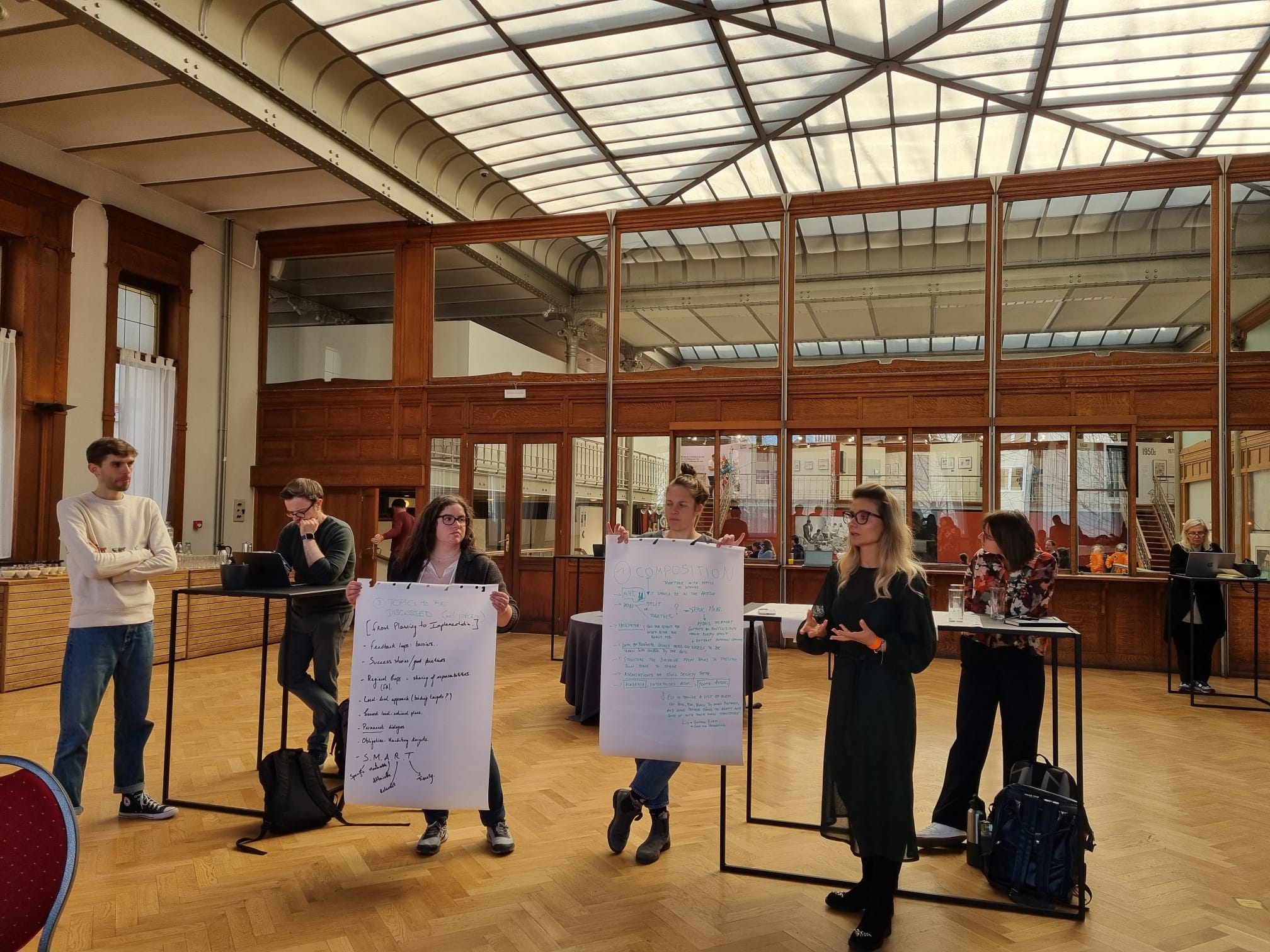
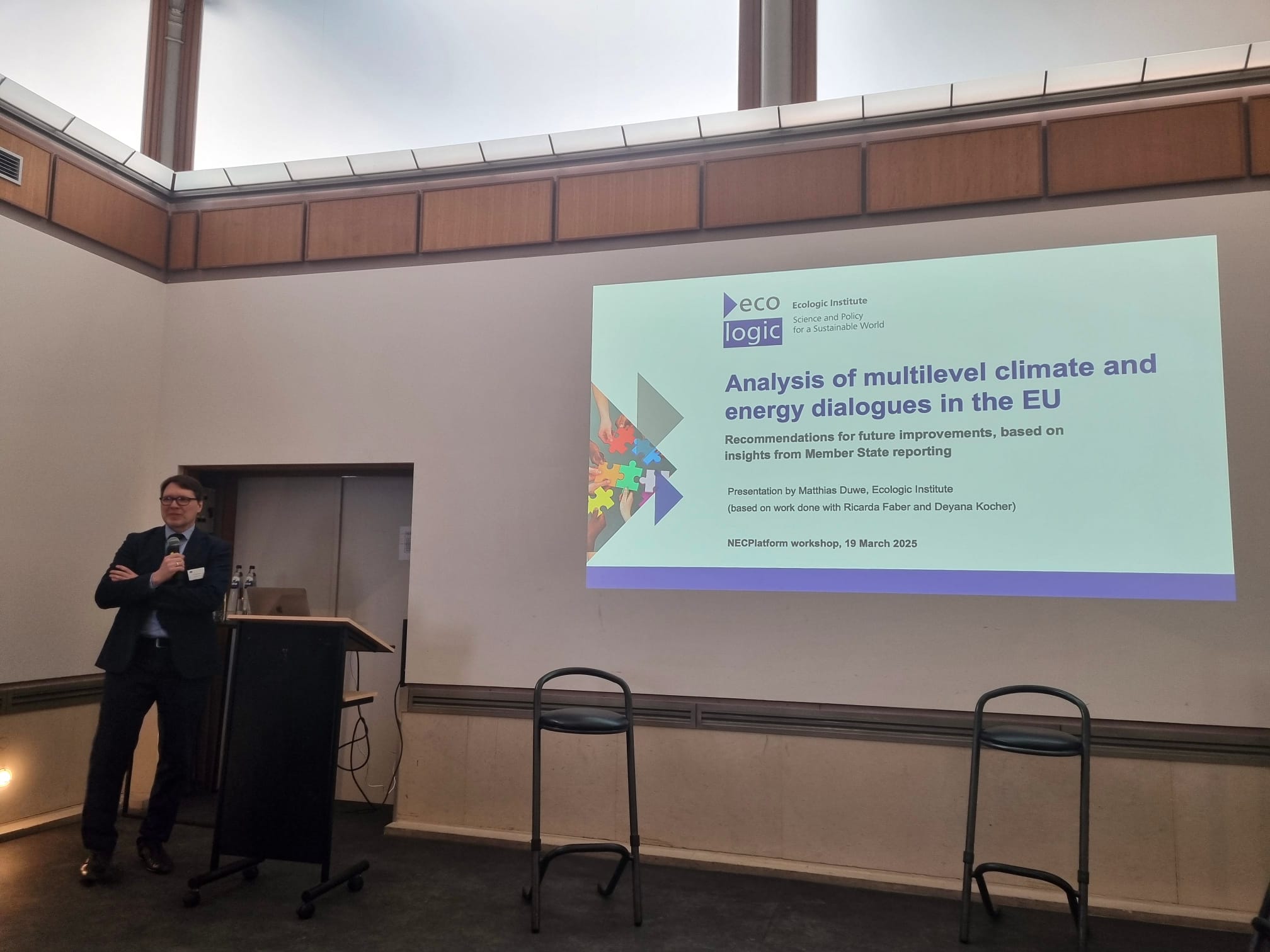
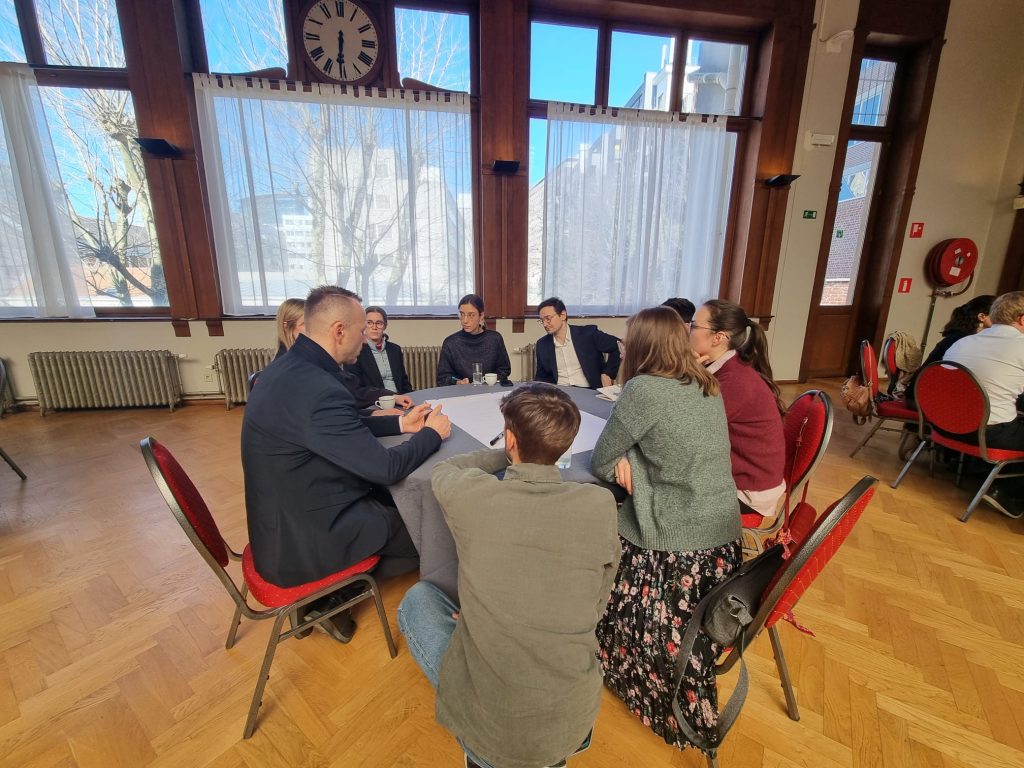
The online and the in-person sessions helped participants to share their needs and the challenges they face and get inspired by the dialogues and mechanisms used in the six project partner’s countries. They discussed the importance of enhancing the composition of the CEDs and the role of stakeholders. All sectors, private and public, civil society, academia and associations should be considered to ensure a real multilevel engagement. They also highlighted the need to have a strong collaboration between the government and non-governmental parties to facilitate the dialogues and ensure they keep working despite governmental changes.
The consultation methodology is also important to guarantee the participation of all relevant stakeholders. Establishing clear timelines and a structured framework as well as creating online repositories to store relevant documents and collect feedback will also help to the success of the dialogues. Apart from that, the implementation mechanisms should also be adapted to include the right policy and strengthen vertical and horizontal integration, so all levels contribute equally to the design of climate and energy policies.
Enhancing transparency in reporting was another point discussed as participants stated that the reports should have a standardised form to include comprehensive information of the aspects discussed and the possible impact of their implementation. They also highlighted the role of the European Commission as it should provide Member States clear guidelines for reporting preparation as well as establishing reasonable deadlines.
The future of climate and energy dialogues
Throughout the duration of the project, the partners have gathered their learnings and experiences while organising the CEDs in their countries. They are summarised in the four policy briefs which highlight key outcomes and present recommendations to further develop multilevel dialogues.
It is stressed the need to highlight the mandatory aspect and benefits of multi-level dialogues. It is recommend reinforcing Article 11 in requesting Member States to work on the quality of the climate and energy dialogues and on their role in the implementation of the NECPs. It is also advised to explore additional tools and processes to foster more multilevel governance.
It is recommended to review the European Commission’s Implementing Regulation (EU) 2022/2299, which defines the structure, format, technical specifications, and submission process for the integrated national energy and climate progress reports. The assessment of NECPs is another key aspect as it is advised to include a more detailed analysis of compliance on Article 11.
The project partners also produced a guide for the implementation of Climate and Energy Dialogue platforms, which was presented during the final event, held on the 18th of March 2025 at the European Committee of the Regions. 11 representatives from different Member States stressed the importance of strengthening multilevel governance when revising the Governance Regulation, and to ensure support is provided for its implementation. They also highlighted the positive outcomes of the dialogues organised and the need to maintain these structures to improve energy and climate policies.
The most important step is that all levels of governance are at the same page. That means that all of us understand how important implementation within the jurisdiction is, remnants of local and regional authorities.
Joško Klisović, President of Zagreb City Assembly and Committee of the Regions member
